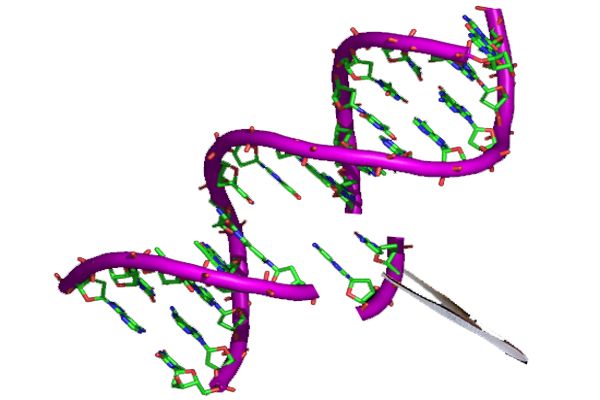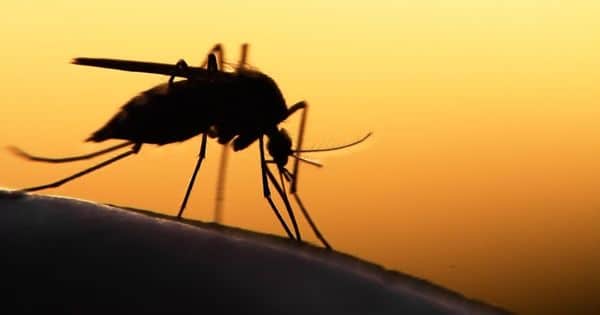Every year, millions of people worldwide are infected with malaria. Malaria outbreaks are no longer limited to tropical countries; they are becoming more common in the United States. Scientists are now investigating the use of CRISPR technology to genetically modify mosquitos and control the spread of malaria, in response to the need for an effective way to combat the disease.
A preliminary study published today in eLife suggests that altering a mosquito’s gut genes to make them spread antimalarial genes to the next generation of their species shows promise as a malaria-fighting strategy.
Recently, scientists have investigated the use of CRISPR in gene drive—self-propagating genetic elements that can rapidly spread through a population—as a method of controlling mosquito populations. In several ways, mosquito gene drives could be used to combat malaria. A gene drive, for example, could spread a gene in the mosquito population that prevents malaria parasite transmission. They could also be used to significantly reduce the size of a mosquito population.
The study is the latest in a series of steps toward using CRISPR-Cas9 gene-editing technology to modify mosquito genes, potentially reducing their ability to spread malaria. If further research backs up this approach, it could pave the way for a new way to reduce malaria-related illnesses and deaths.
Altering a mosquito’s gut genes to make them spread antimalarial genes to the next generation of their species shows promise as an approach to curb malaria.
The increasing resistance of mosquitos to pesticides, as well as malaria parasite resistance to antimalarial drugs, has created an urgent need for new methods of combating the disease. As a novel approach, gene drives are being tested. They work by developing genetically modified mosquitos that, when released into the environment, spread genes that either reduce mosquito populations or make the insects less likely to transmit the malaria parasite. However, before releasing genetically modified mosquitos into the wild, scientists must demonstrate that this approach is safe and effective.
“Gene drives are promising tools for malaria control,” says Astrid Hoermann, Research Associate at Imperial College London in the United Kingdom. “However, we wanted a clear path for safely testing such tools in countries where the disease is most prevalent.”

Hoermann and colleagues genetically modified the malaria-transmitting mosquito Anopheles gambiae for the study. They used CRISPR-Cas9 technology to insert a gene encoding an antimalarial protein among genes that are activated after a mosquito consumes a blood meal. The team did this in such a way that the entire section of DNA could also function as a gene drive that could be passed on to the majority of the mosquitoes’ offspring. They first inserted the gene with a fluorescent marker to help them track it in three different locations in the DNA, and then removed the marker, leaving only a minor genetic modification.
The team then bred the mosquitos to see if they could reproduce successfully and remain healthy. They also examined how well the malaria parasite developed in the guts of mosquitos. Their findings suggest that this approach to genetic modification could result in successful gene drives.
“These genetic modifications are passive, and could be tested in the field and go through a stringent regulatory process to ensure they are safe and effective in blocking the parasite without raising concerns about an accidental spread in the environment,” explains senior author Nikolai Windbichler, Senior Lecturer at Imperial College London’s Department of Life Sciences. “However, when they are combined with other mosquitos that have an active gene drive, they transform into gene drives without the need for any further modifications. As a result of our approach, gene drives are one step closer to being tested in the field as a malaria elimination strategy.”
Mosquitoes that have been genetically modified have been successful in reducing mosquito populations and disease spread. However, many scientific questions remain unanswered, including concerns about public health, mosquito resistance risks, and the environmental consequences of genetically modifying a wild-living organism. Many people believe that genetic modification violates the natural order of the world, or that we do not know the full range of possible outcomes from releasing modified organisms into the environment.














